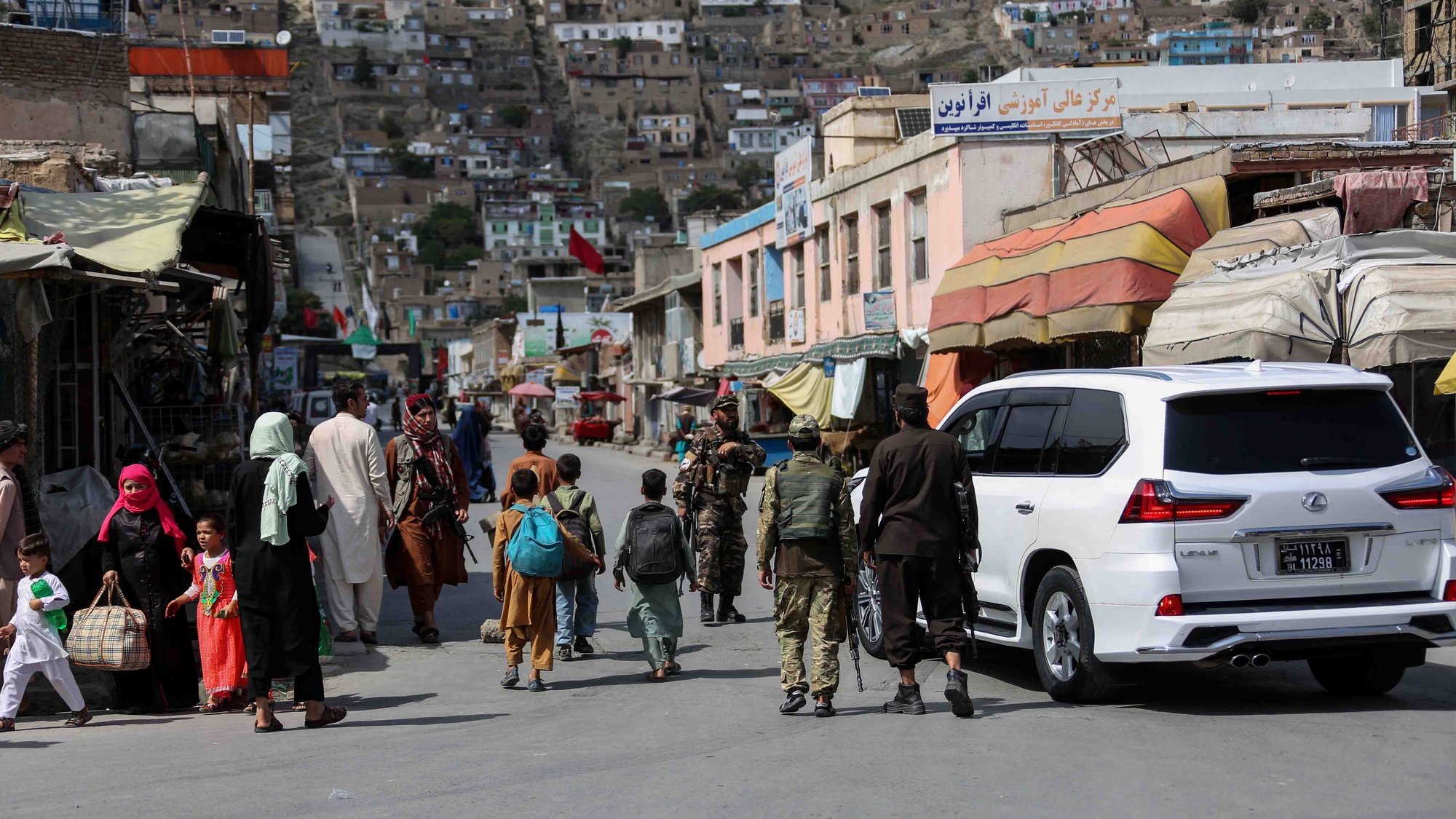The executive director of Amnesty International in Portugal, Pedro Neto, criticized this Sunday what he considers the international community’s almost indifference to the deterioration of living conditions and human rights in Afghanistan.
In an interview with the Lusa agency, the official stressed that the alerts from the humanitarian organization about the situation in Afghanistan always receive an evasive response.
For Pedro Neto, it is “urgent for the international community to look again at Afghanistan” and call the Taliban accountable for what they are doing and what they are not doing.
“There is an acknowledgment of what is happening, but then there is an almost diplomatic response that is triggered without realizing it,” he said.
“The country has left the media spotlight and, therefore, there is no longer the media pressure that there was a year ago,” he stressed, warning that the same phenomenon is beginning to occur in relation to the war in Ukraine.
“Everything the Taliban promised the international community they would not do, they are doing,” he said.
“Civil and political rights, participation rights, life in society, especially of women and girls, have been the target of suffocating repression” in the last year, which “is destroying the lives of women and girls , whose access to education is being limited, who are victims of forced marriages” and who, like the entire population of the country, face great poverty.
Although Amnesty International continues to try to draw the attention of the world, and in particular the UN, to the situation in Afghanistan, the response is “always evasive”, said the organization’s executive director, stressing that this is not acceptable, especially since “There are very dramatic cases” in Afghanistan.
One such case, brought to the attention of the organization, is that of a mother who told Amnesty International that she had promised to marry one of her daughters, who is still 14 years old, to a neighbor to receive her dowry, because the family is in great need. .
This mother “has another daughter, younger, 10 years old, and says that she will try to get her to study so that, one day, she will come to support the family”, but admitted that, “if she does not succeed, she will also promise her in marriage” to receive the dowry.
“This has become a form of economic survival for families in the face of the poverty in which they live and to which they are condemned since the Taliban took power,” explained the official.
Acknowledging that he is not surprised that the number of suicides of women in Afghanistan has increased – at least one or two are recorded every day – Pedro Neto recalls that the Taliban “are destroying” the lives of women.
Women and girls were separated, either from the exercise of their professions, or from schools and even from the streets, where they cannot be without their partner, who has to be a man of the family of a certain age, the husband . or the brother.
It is still possible to find girls at universities, but the situation is getting worse, he says.
“University students cannot be comfortable at the university and, many times, even in protected places, such as the classroom or on campus” they are afraid because the Taliban are waiting for them at the door.
Men, although they face less repression, cannot help.
“There is no freedom for men to express themselves against the regime” and men are often “persecuted and temporarily imprisoned”.
In addition, extreme poverty and desperation put people in a terrible situation, he recalled.
“Western occupation has not had concrete results in terms of sustainability, that is, the way has not been paved for Afghanistan’s own civil society to protect itself against a takeover by force” and this fragility “allows the Taliban They control everything.” from the government to the courts.
Despite emphasizing that the Taliban “lied when they said they were different and that it would not be the 90s again”, the executive director of Amnesty International assures that he still has hope in the country.
“We must always have hope and hope materializes in our continued insistence” on drawing attention to the situation, so that “indifference does not take over everything,” he concluded.
Source: Observadora
